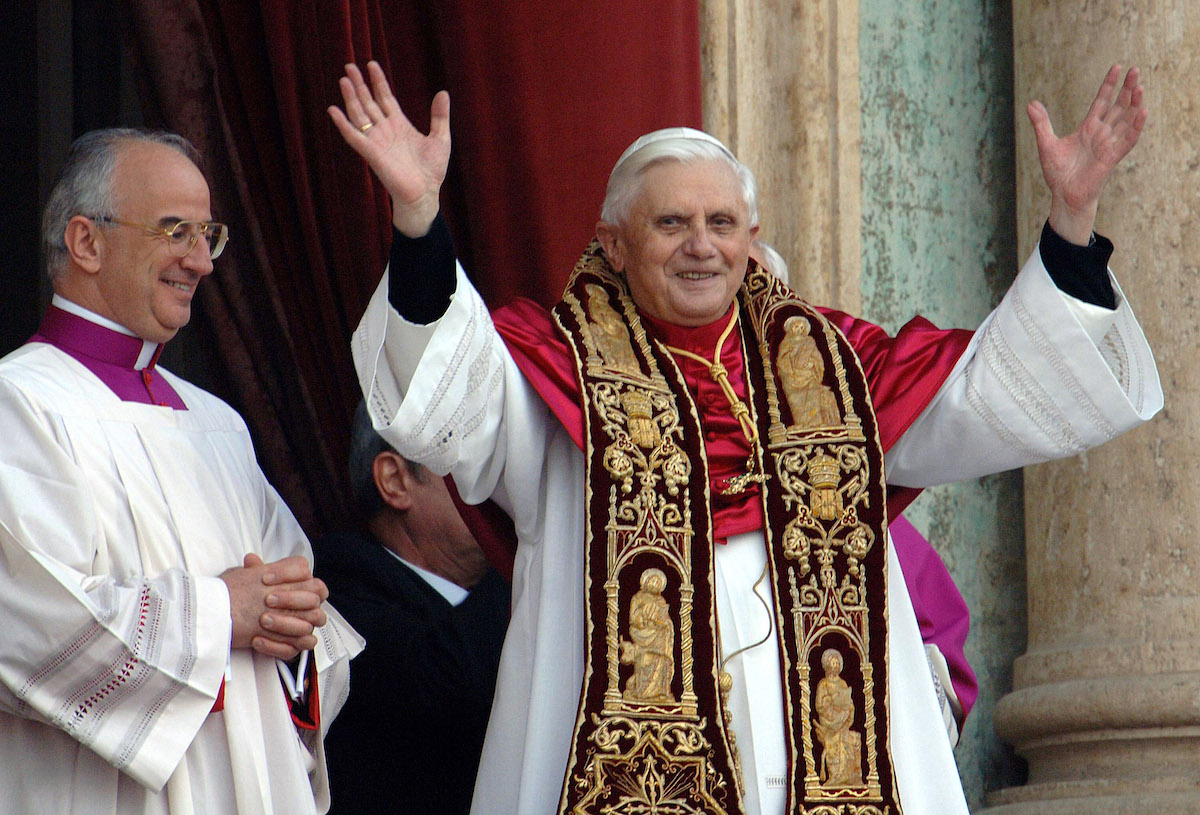January 10, 2023
Faith and Reason in the Life and Work of Benedict XVI
With the December 31 passing of Pope Benedict XVI, the Catholic Church, Christianity, and the world lost one of the most significant and insightful minds of the last century. Certainly, within the Church, Joseph Ratzinger was among the most influential and esteemed theologians of the second half of the 20th century, all the way through his pontificate in the early 21st, to include the period of the Second Vatican Council, to which he was an important adviser. Continue Reading...
